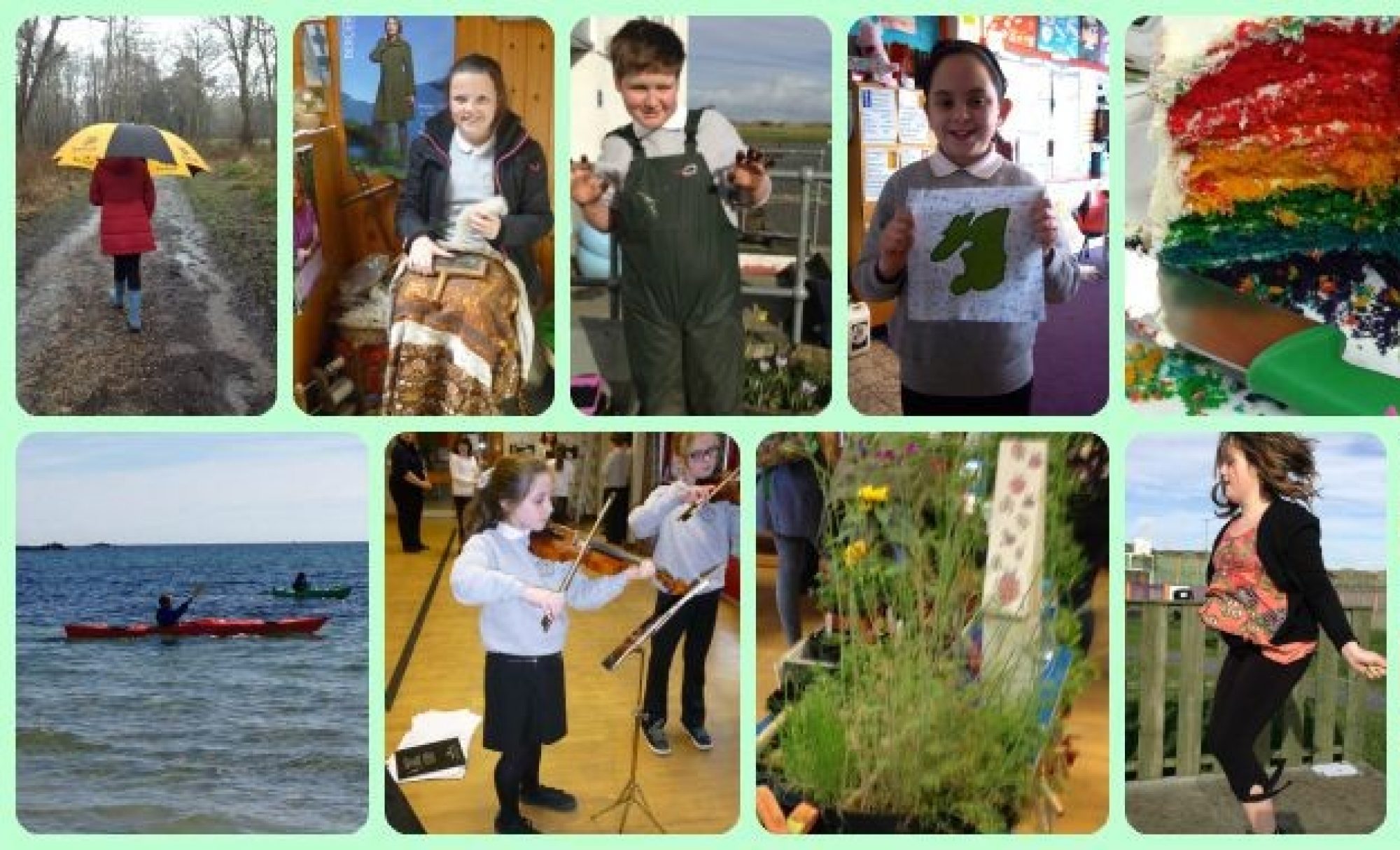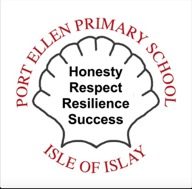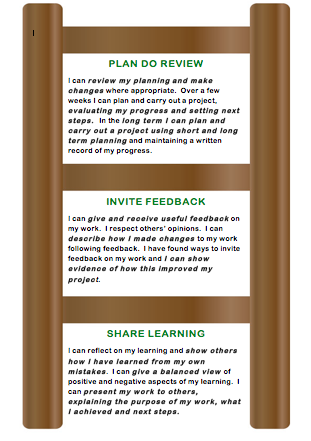Here is a list of other projects tackled in 2013 to give an idea of the range of areas tackled.
SCOTT
HOW TO BUILD A HOUSE
My uncle is building a house and I decided to find out more about the process involved in building a house. I researched architectural design, writing to a local architect, as well as plumbing, joinery and electrical fittings, and elarned how to draw plans. I designed my own house using Google Sketch up and even built a model.
 ELINOR
ELINOR
WHALE AND DOLPHIN MAGAZINE
I researched potential threats to the habitats of whales and dolphins on the west coast of Scotland, with help from SNH, HWDT and by visiting the Islay Wildlife Centre. I created and edited a magazine and learned how to work to a deadline, and sent copies of my final magazine to the HWBT.
ALICIA
FOOTBALL COACHING
I found out how to become an excellent footballer, researching how top footballers learn how to play. I found out how to improve my own skills, then planned a series of coaching sessions to improve the skills of others. I had advice from a coach from the SFA and our active schools co-ordinator to help, and I set up a football skills club in school.
 ROBBIE
ROBBIE
VIDEO GAME DESIGN
I designed and created my own video game using programming skills and the software Kodu. I managed my time, planned my game using storyboards and learned how to deal with problems. At the end I had a full game people got to play and I entered the Kodu cup.
ELLEN
RELAXATION TECHNIQUES
I was interested in finding out about different ways that can be used to help people relax when they are stressed. I needed to research how the body works when stressed, and how effective different methods of relaxation are. At the end of my project I created a CD of relaxing sounds recorded on Islay along with a presentation and leaflet.
 JASON
JASON
ELECTRONICS
I was interested in finding out how different electronic gadgets are made and work, and wanted to make my own remote controlled vehicle using my own electronic circuits. I researched and investigated the workings of electronic items, and learned how to solder my own simple circuits that do things like make noises and light lights. I had a video conference with a nuclear engineer about my project and in the end built my own remote control tank.
JAMES
WHISKY DISTILLING AT LAPHROAIG DISTILLERY
I visited the distillery and interviewed the workers and the manager to find out about whiskey distilling at Laphroaig. I needed to manage my time, plan and organise, find out about whisky distilling and I then created a leaflet from my research.
 CALUM
CALUM
HOW A ENGINE WORKS
I learned how an internal combustion engine works and created several diagrams to explain the process. I built a working model combustion engine and visited the local garage to find out how a real engine works.









